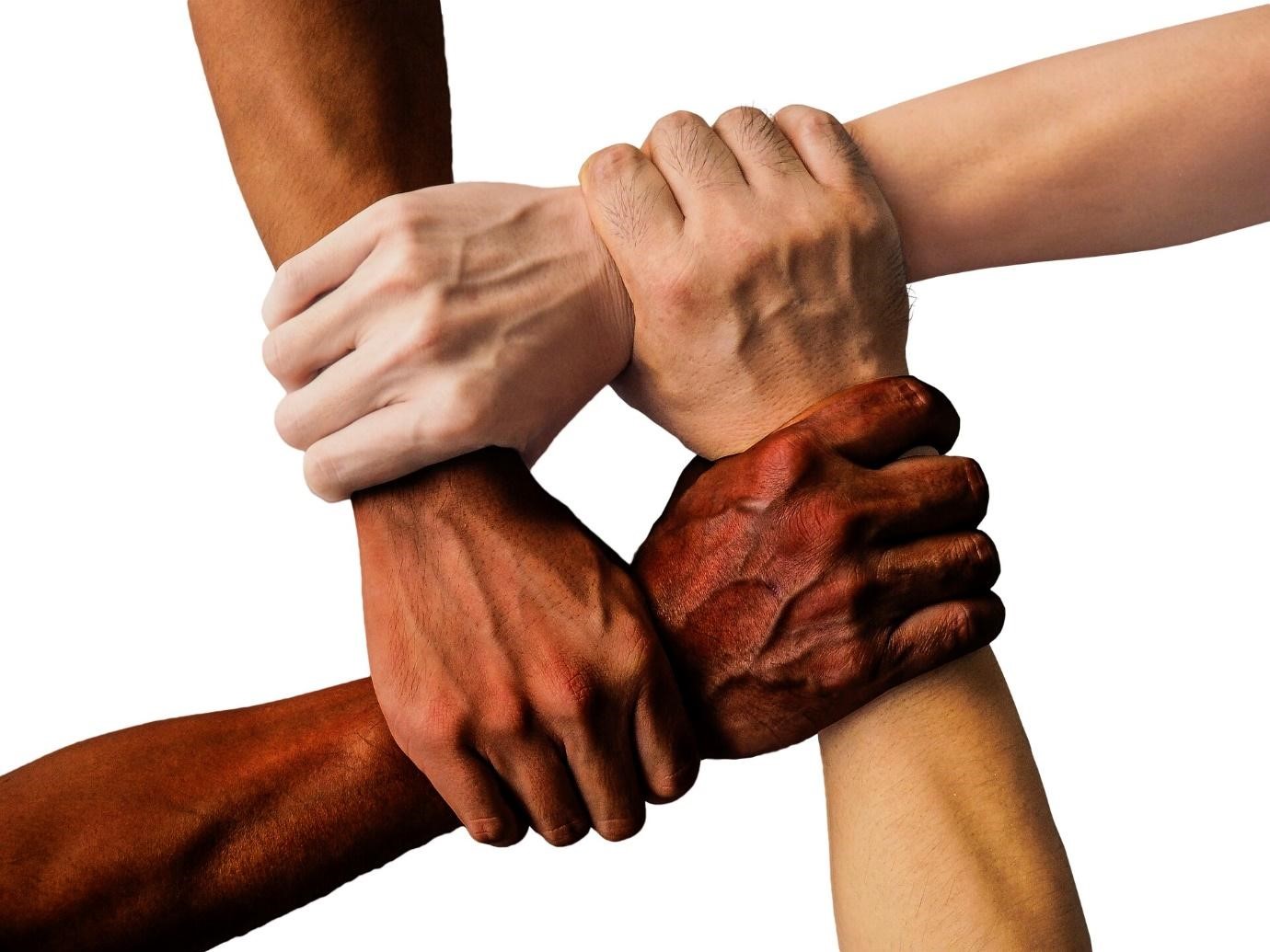Cooperation is a guiding principle of everyday life. It’s as simple as following the rules of the road when driving or holding a door for a stranger; cooperation is a fundamental aspect of human societies and has long intrigued evolutionary biologists. But how do people reach a consensus on whether, and with whom, to cooperate?
A new study by Taylor Kessinger, a postdoctoral researcher in the Department of Biology, was published in the Proceedings of the National Academy of Sciences and provides valuable insights into community-based social norms by developing evolutionary game theory and mathematical models to mimic the dynamics of reputation-based cooperation in group-structured populations.
“Darwin famously asked: ‘Why would anyone ever be altruistic?’ And it turns out that question has tons of answers,” Kessinger says.
While previous theories have been proposed to explain cooperation (such as kin selection, wherein individuals are more likely to engage in prosocial behaviours with their relatives), in contemporary human societies, people cooperate with members of much larger communities. This leads to a complicated dynamic and interplay between community members, as cooperating with or avoiding certain individuals greatly affects one’s reputation.
“We wanted to understand the driving factors behind the convergence of social norms, especially in a heterogeneous society where different groups might have diverging views on reputations,” says senior author Joshua Plotkin, the Walter H. and Leonore C. Annenberg Professor of the Natural Sciences. “These norms are vital in facilitating cooperation, and yet how they are collectively accepted and evolve remains largely unexplored.”
Kessinger, the paper’s first author and a member of the Plotkin Research Group, explains that traditional models of cooperation have been based on homogeneous societies and straightforward information flow.
“We realized that this isn’t an accurate representation of reality, as societies are multifaceted; different groups disagree, not only about reputations, but also about which norms should govern behaviour,” Kessinger says.
To address this, the researchers developed a model that considers multiple coexisting social norms and studied how these norms might compete as individuals learn from one another and shift group affiliations, and whether this will lead to the convergence upon a shared norm. One of the key findings was the success of a particular social norm called “stern judging.” This norm assigns a bad reputation to individuals who cooperate with those of bad standing, as a punitive means.
“Stern judging came out on top among the norms we evaluated,” Kessinger says. “It was particularly effective in situations where individuals show a preference for interacting within their own group. This norm, emphasizing a sort of vigilant caution, appears to facilitate greater overall cooperation.”
However, the team also found that separating reputation information into independent groups can destabilize cooperation. “It’s a delicate balance,” Kessinger explains. “The more fragmented the information about reputations, the harder it is for cooperation to take root. But we also observed that in-group social interactions can partly counteract this effect.”
Their research paints a complex picture of cooperation. While certain norms promote the behaviour, the social structures of each community significantly influence its success. Stern judging is a robust facilitator of cooperation; however, it does not work in a fractured society without the ability for individuals to share information between groups.
By revealing the factors that influence the emergence of shared social norms, the study offers valuable insights for diverse fields, from sociology to psychology, and economics.
“Our findings have some implications for how to foster cooperation in diverse, multicultural societies,” Plotkin notes. “Whether it’s at a societal level or within smaller groups like neighbourhoods or workplaces, the ability to converge on a shared norm is crucial.”
The researchers also explore potential implications for the evolution of social norms and the number of independent judgment groups a well-functioning society can sustain. “The insights from our research open up new avenues for exploring the complexity of cooperation in society,” says Kessinger.
Looking ahead, the team wants to investigate how well real-world social norms humans use to judge behaviour map onto the abstract theoretical ones they have developed. With this, they believe that researchers will be able to gauge the extent to which individuals in a population adhere to specific social norms, with respect to demographic factors such as culture or age groups.
“There’s so much more to discover about how we come together to agree on norms and, ultimately, how we cooperate,” Kessinger says.
For more such insights, log into our website https://international-maths-challenge.com
Credit of the article given to Nathi Magubane, University of Pennsylvania

